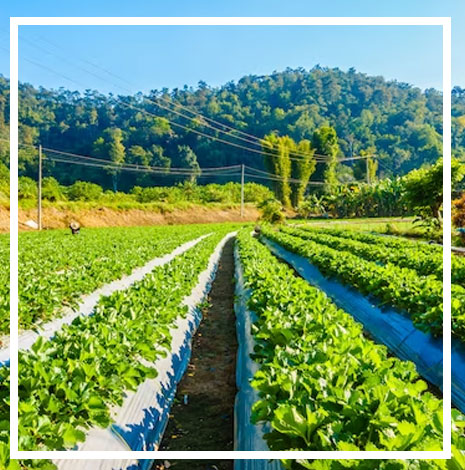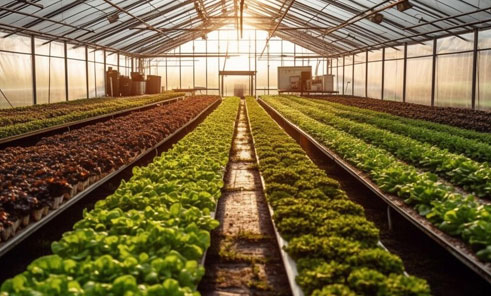Agricultural Development
Agricultural development represents a multifaceted and dynamic process that encompasses the systematic improvement and advancement of the agricultural sector. This strategic evolution involves the application of modern techniques, technologies, and sustainable practices to enhance the overall productivity, efficiency, and resilience of agricultural systems.
At its core, agricultural development seeks to address the challenges posed by a growing global population, changing climatic conditions, and the need for food security. This transformative journey involves the integration of innovative approaches such as precision farming, agroecology, and the adoption of cutting-edge technologies like genetic engineering, IoT (Internet of Things), and data analytics.
Key components of agricultural development include the promotion of sustainable farming practices, soil health management, water conservation, and the responsible use of fertilizers and pesticides. Moreover, it emphasizes the empowerment of farmers through education, training, and access to financial resources, ensuring that they are equipped to make informed decisions that optimize their agricultural output.


In the context of rural development, agricultural progress plays a pivotal role in uplifting communities by creating employment opportunities, fostering economic growth, and contributing to overall social well-being. Additionally, the integration of smallholder farmers into value chains, the development of market linkages, and the establishment of supportive infrastructure further contribute to the sustainable development of agriculture.
As the world continues to grapple with the need to produce more food with fewer resources, agricultural development emerges as a key driver for global prosperity and environmental sustainability. By embracing innovation, knowledge-sharing, and collaborative efforts, the journey towards agricultural development holds the promise of creating a food-secure and resilient future for generations to come.



